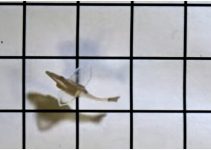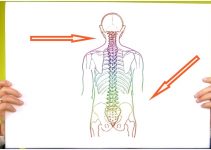People yawn – that is a given fact – but have you ever wondered why we do it and why it appears to be ‘contagious’ in certain circumstances?
Now, yawning is an involuntary action of opening one’s mouth wide and inhaling deeply. This reflex action not just opens the mouth to inhale air but also stretches the eardrums. The action is followed by an exhalation of breath, details Wikipedia.
The action has been observed not just in humans but in various animal species as well. In animals, it can be regarded as a social action, part of the mating ritual, or simply to signify tiredness.
![By Alex Proimos from Sydney, Australia (The Yawn - Embera VillageUploaded by russavia) [CC BY 2.0], via Wikimedia Commons](https://sciencerach.com/wp-content/uploads/2015/06/yawning.jpg)
Instead, scientific research has proven that yawning actually helps cool down the brain which has become heated because of prolonged activity. Tired, the brain fires neurons to signal the mouth to yawn so cold air can be drawn in. One study proved this by showing that people who held a hot pack on their head while watching yawning videos are 41% more likely to yawn compared with just 9% in those using a cold pack on their head.
Still, both explanations (drawing oxygen to the lungs and cooling the brain) are acceptable and show that yawning, as simple as it might be, is an important body action.
As for contagious yawning, scientists have long agreed that this is because of empathy or social closeness – in humans and some related species, anyway. Studies have shown that people are bound to copy a yawn in the presence of socially close people than with strangers.
Also, another study with children suffering from empathy-related disorders (such as autism) shows they are less likely to experience social yawns compared with other kids. According to Wikipedia, this also holds true in adults suffering from certain neurological and psychiatric disorders, such as schizophrenia.
Check out this video by AsapSCIENCE for more information:





